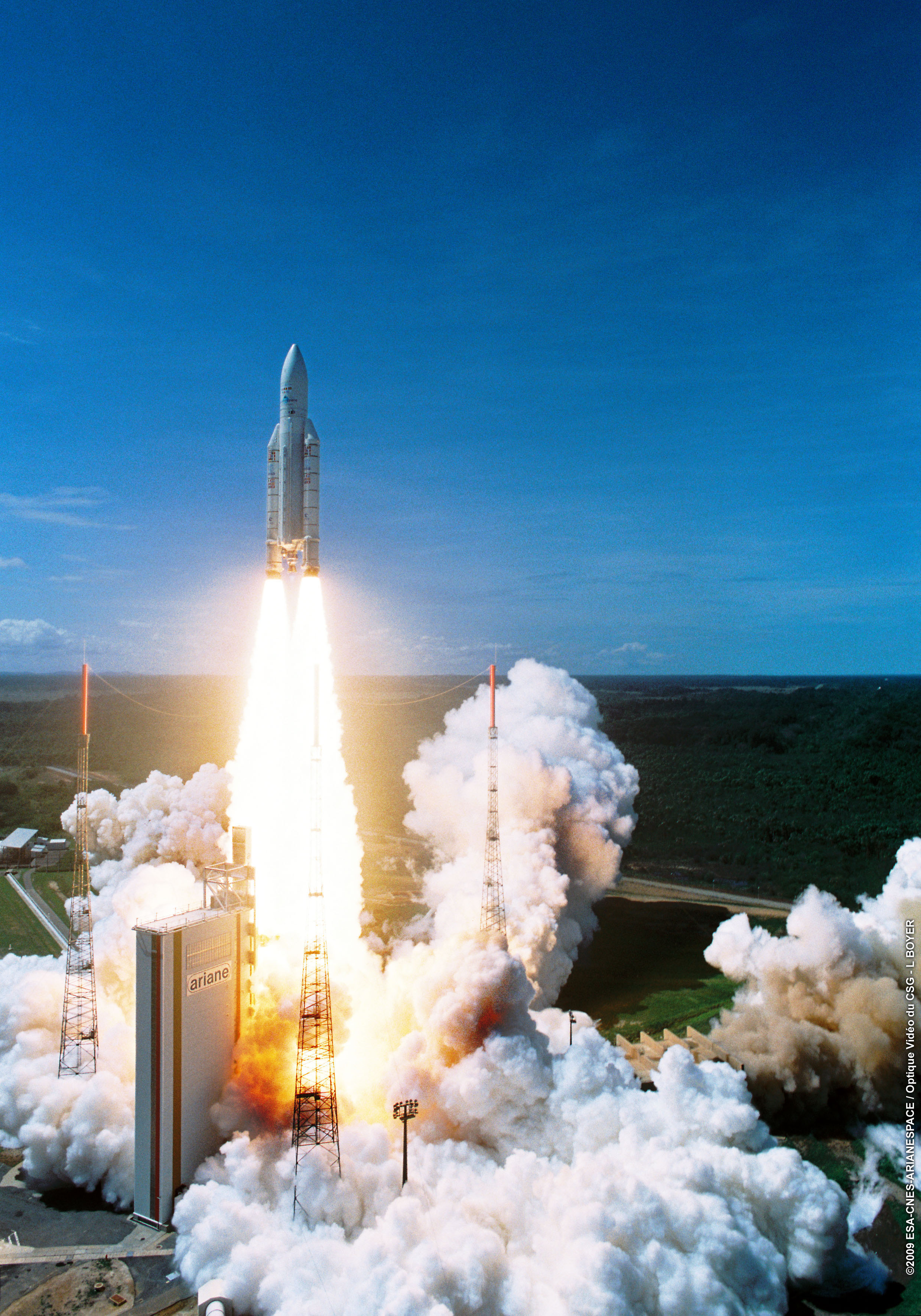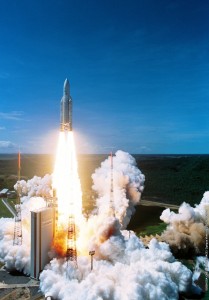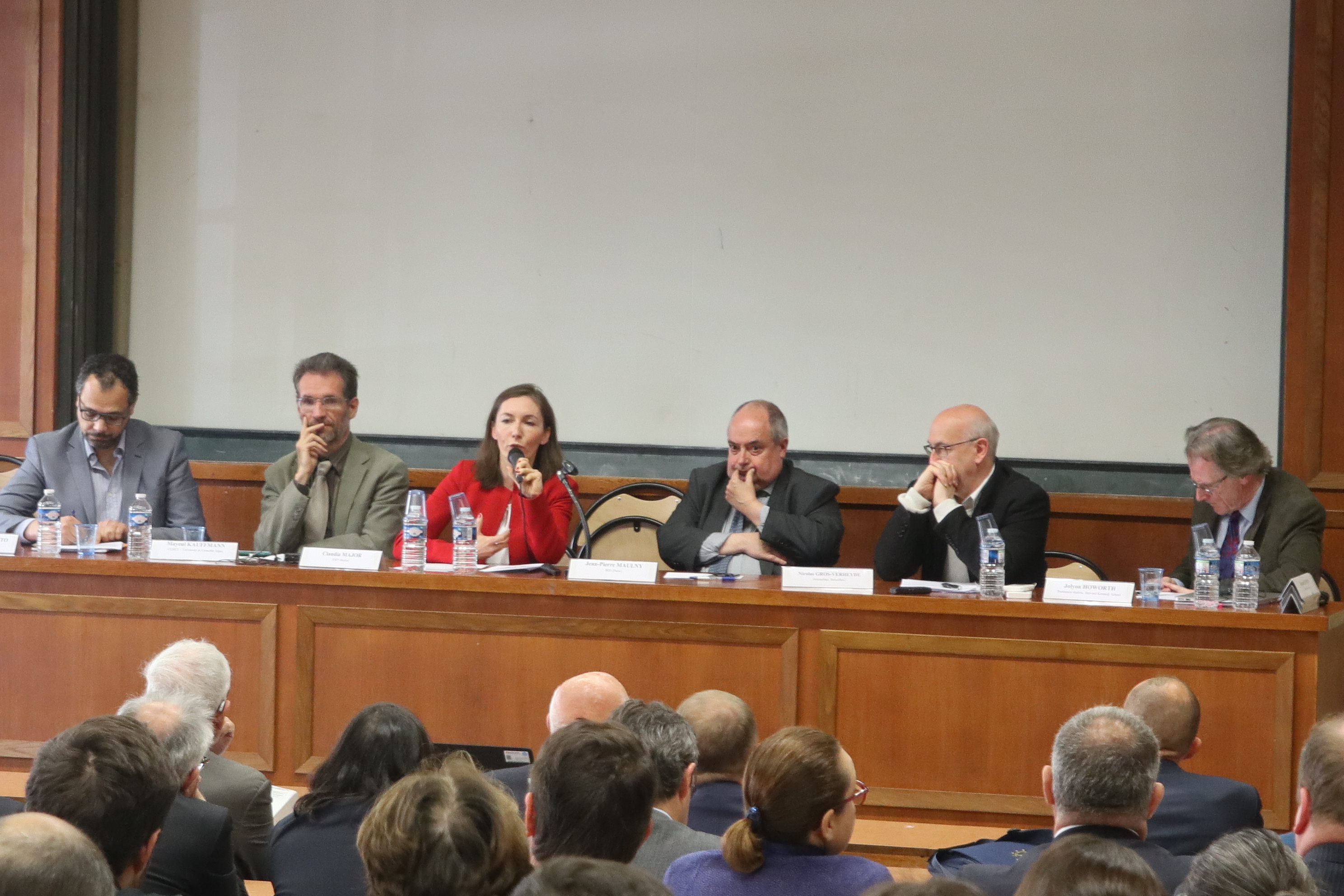2011 is off to a flying start… A year full of challenges
(BRUSSELS2) It's minus one! Almost the last day of January. And I still haven't published this "damn" greeting message, traditional in this new year. I had planned to do a little overview of the main topics. By pointing out a few topics that seemed important, beforehand, on the agenda for this new year: Ivory Coast (and its two presidents), South Sudan (and its partition into two countries after the referendum), the two Koreas (in a slow phase of finding a new modus vivendi even if sudden tensions are not absent), Somalia (and its splitting into two or three autonomous entities, as well as the challenge for the international community), Iran (the nuclear threat it poses), the 'Afghanistan (where the European nations are very embroiled, politically, financially and... militarily), Etc. Alas... I didn't have time. Other events came to upset this reading grid, so that I always postponed the publication of this article.
The time has come! It is no longer time to back down. SO... good wishes for 2011. And a brief overview of the foreign and defense policy challenges for the European Union today.
The melting Arab world
The citizen revolt in Tunisia in the first weeks of January and the departure of its authoritarian leader Ben Ali, then the insurrectional climate in Egypt in recent days, and the bustling streets in Yemen, in Algeria... put the focus back on our Mediterranean rim, the Arab world. The events are there to remind us, contrary to what the High Representative, Cathy Ashton, no doubt thinks, that Africa and our Mediterranean region are the first breeding ground for experimentation for the European Union's foreign policy. By dint of being interested in China, Japan, the United States, Russia - essential countries in the world just as much for our economic position -, we forget our "natural zone" which is just as important for our role political and economic (I will come back to this).
Read also:
- The streets of the world are on fire: the "Managing directors" at the front...
- Uzbekistan, Tunisia. A double standard policy of Europe?
The diplomatic service: successful take-off, yet to reach orbit
First of all, the new European diplomatic service is not yet fully operational. But it now has a legal basis, a governing body (the "top management"), a budget, staff that is now officially delegated to it...
There are still a number of challenges to face: supplementing the workforce on the one hand (some units are like Swiss cheese and a "Top Manager" is still missing), giving the crisis management structures greater pre-eminence and new means (we're talking about reorganization, I'm not sure that's the urgency), "reuniting" with the European Parliament and a few ministers from Member States where discontent is more and more perceptible. Logistical issues need to be resolved: headquarters premises, security of delegations and buildings, diplomatic protocol... We will also have to manage to create a common culture and demonstrate the added value of the European diplomatic corps. Which will take a bit longer.
We have embarked on a profound reform that will occupy us for more than a few months. The service will probably only be fully efficient in several years. To use a spatial image: the rocket took off from its base - successful takeoff. It now remains to ensure the ascent in the air, the separation of the stages and the putting into orbit in an optimal way....
Read also:
- "We have to remobilize" says Ashton
- MEPs remind Cathy Ashton of her promises
- A diplomatic service, in flagrante delicto of geographical imbalance
- The decision to transfer agents to the diplomatic service is approved
Peace missions: we close, we extend, we redeploy
On the operations side, we are currently rather in a phase of decreasing missions and looking for new sites, even new missions.
We are closing ! The small SSR Guinea Bissau mission closed its activity at the end of 2010, due to the policy followed by the country. Route incident. It is in the Balkans, in the process of normalization and accession to the European Union, that major changes are underway. EUFOR and EUPM Bosnia-Herzegovina should, if not, close the mission, at least reduce its scope considerably (this is also the case of Kfor in Kosovo). There will then remain the observation mission in Georgia (EUMM) which is still unable to penetrate the two "self-independent" territories of Abkhazia and South Ossetia. As well as the EUBAM Moldova/Ukraine mission which could be extended or supplemented by a mission in Transnistria, "on the day when" the Russian and Transnistrian authorities want it (I won't venture a prediction).
In the Middle East, a big question mark remains on the EUBAM Rafah and EUPOL Palestine mission, the reconfiguration of which is posed with the appearance of a new task or mission to train Palestinian customs officers (see below). As for the EUPOL Afghanistan mission, it will have to find the personnel it lacks and prove its real capacity during this year of transition which will see the responsibility for security transferred in part to the Afghan forces. In black Africa, there are therefore only two missions left. , limited, in Congo DRC: police (EUPOL) and security (EUSEC). They continue their work, thankless in a way and discreet.
There remain three "major" missions of the EU. EULEX Kosovo (which will very quickly find itself on the domestic political scene if the allegations against Prime Minister Thaci of being at the heart of mafia trafficking are confirmed). EUNAVFOR Atalanta in the Indian Ocean will have to find new impetus in its anti-piracy fight and avoid the slow political nibble of NATO's Operation Ocean Shield (whose "added value" is unproven). As for EUTM Somalia, which continues to train the Somali army, it could be renewed if the initiative turns out to be positive. The Horn of Africa is a new testing ground for the EU.
New missions could see the light of day and are in the cards: the mission to train customs officers in Gaza (EUBAM 2), a maritime capacity building mission in the Horn of Africa (EUMAR HOA) and a possible assistance mission for Somalia (EUJUST Somalia).
Read also:
- The missions of the PeSDC in project or in the boxes
- Training the coast guards in Yemen and Djibouti: a new PeSDC mission?
Capacities: economic urgency takes precedence over political divisions
In terms of capabilities, European armies are in a phase of increased budget restriction. And 2011 is a key year for European defence. The Weimar letter from the French, German and Polish Foreign and Defense Ministers and the response from the High Representative, together with the work of renovating, or rather resurrecting, the European Defense Agency could constitute a "new departure" for several cooperation projects between Europeans. Assuming that the will to work together goes beyond a few enthusiastic words to move on to more concrete realities. But economic necessity takes precedence today. And you have to make small quarrels or political and ideological divisions. We no longer have the time to discuss whether or not there is a need for European Defense. It seems obvious. Or are we content to watch the leeks grow and wash our car on Sundays!
Read also:
- A detailed reply to the letter from Weimar
- Alain Juppé in Brussels: "I came to give color to Defense Europe"
My wish for 2011: React more quickly to crises
These first weeks of 2011 are there to remind us, even more so than at the beginning of 2010, that the crises are not necessarily where we expect them. And the European Union versus 2011 still does not manage to react as quickly and strongly as one might wish. Let's be optimistic. We bet that these "small" failures of the European engine will know a better adjustment in the months to come, as the rise in power of the European diplomatic service and... experience.
It will be necessary to ensure that the EU's crisis management structures are more legitimized, rather than leaving them in a corner, and giving them just a little more means and above all autonomy and political support. This will be my wish for 2011.


